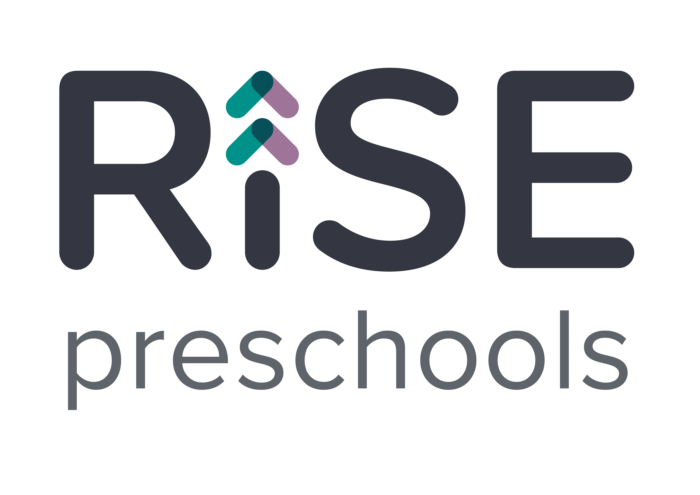Our Tips for a Smooth Start
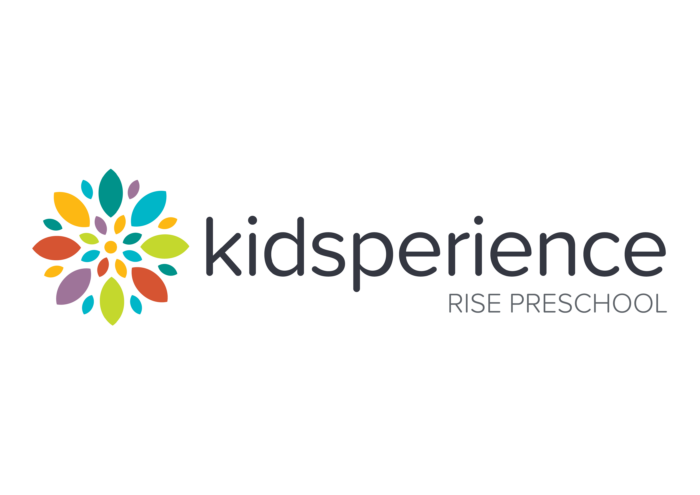

With two weeks left until the start of school, we can feel the anticipation and, in some cases, apprehension, of parents everywhere!
The start of preschool is a time filled with excitement and butterflies – we are so happy for our young children to take these next big steps in the world but it is also often incredibly difficult to let go.
And every single feeling is normal and understandable.
For some families, the start of the new school year is an easy transition. For others, this is not the case as some children (and parents!) struggle to separate and need a little more assistance taking these next steps.
To make the start of yours and your child’s journey as smooth as possible, we would like to offer up some tips for you! Based on our experience, these tips should help you prepare your child, as well as yourself, for this long awaited start to the new year.

Before the Big Day!
A Dry Run
A few days before you are to begin preschool, drive your child to their new school. Explain to them that this is where they will meet lots of new friends and spend so much time playing with all of the games and activities inside.
It is also important to explain to your child what exactly is going to happen: that you will drive them to school every morning after breakfast (remember that children do not understand time but they do understand time based events such as “breakfast time”) and they will stay to play with their friends while you go and do some work and pick them up as soon as you are done with your work.
It is important that you maintain a positive tone when referring to the preschool and make your child feel your excitement. When adapting to school, it is always important to remember that your child will feed off your own energy. If you are happy, they will be happy, if you are nervous, they will feel nervous.
Photographs
If possible, it would be beneficial to show your child photographs of their new preschool using the school’s website or social media pages. This helps your child familiarize themselves with the environment before they get there so their first day will not be the first time they are seeing the school premises.
Establish a Routine
Start adjusting your child’s daily routine a week or two before preschool begins. This can include waking up and going to bed at the appropriate times, as well as practicing activities that they will do at preschool, such as eating lunch sitting at the kitchen table using their utensils.
Independence and Self-Help Skills
Encourage your child to do tasks independently, such as using the restroom, washing hands, and putting on shoes. These skills will foster their sense of autonomy at preschool.
Read Books About Preschool
There are many children’s books about starting preschool that can help your child understand and normalize the experience.
Picking Personal Items
Allow your child to pick out their own school bag, lunch box, water bottle etc. and, together, label your child’s belongings with their name. This helps promote a sense of ownership.
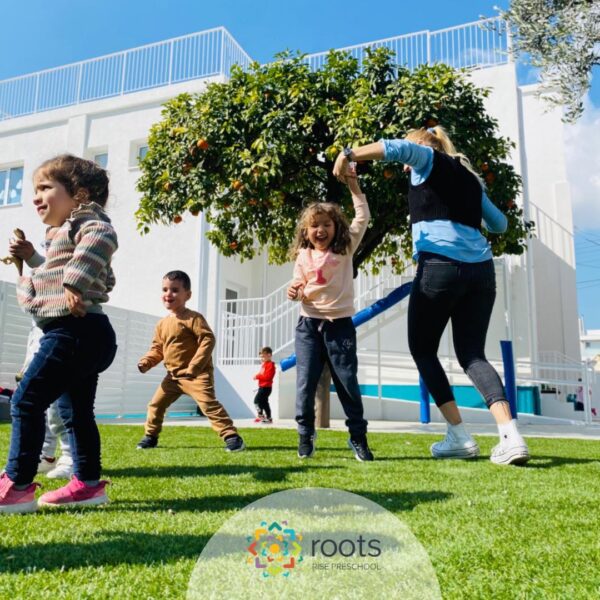
The Big Day!
Do not rush, but never linger
Firstly, and most importantly, ensure to keep a cap on your own emotions. As with everything, our children look to us very often to decide how they should feel about something. If they sense your nerves, they will not be able to understand why, but they too will feel anxiety. If they see that you are happy, positive and excited, this will have the effect of “if Mummy/Daddy likes this place, that means it must be a happy place”.
When leaving your child, make sure to make this act swift but not too rushed. Leaving too fast may cause your child to panic, but lingering may lead to stirred up emotions.
Never leave without saying Goodbye
Leaving while your child’s back is turned is never a good idea. It can cause insecurities that are often difficult for the child to recover from quickly. You need to help your child understand that there is nothing wrong with goodbyes – remain cheerful and relaxed so that they feel that too! Let them know you love them and that you will always come back. Give them a kiss and a hug and leave swiftly without returning, even if you hear them crying.
Based on our experience, children do not cry for long at all. Once parents are gone, teachers will always use different activities and resources to distract your child and cheer them up.
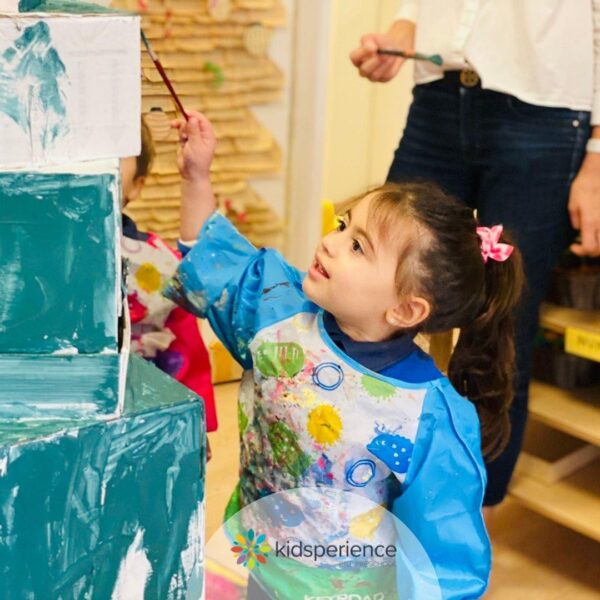
Keep it Going!
Create a Goodbye Ritual
Develop a consistent and quick goodbye ritual. A short and sweet farewell can help your child feel more secure about your departure. Always arrive at the same time, always say Goodbye at the same place, stick to the same person dropping them off, if possible, and keep the predictability of this routine going – this is especially helpful!
Stay Confident During Drop Off
Keep your goodbyes short and positive. If your child sees that you’re confident and comfortable leaving them, they are more likely to feel the same way. Children are known to fluctuate in their emotions on different days during adaptation but you should not be fluctuating yourself. Keep the positivity going and if you have any concerns, would like an extra update or would simply like some comforting words from your teacher, make sure to do so when you are out of your child’s sight.
Stay Informed
Communicate with the teachers and staff regularly. Stay informed about your child’s progress, activities, and any concerns that might arise. This will make you more comfortable as you feel that you know what’s going on but it will also allow you to open discussions at home with your child about what they did at preschool and celebrate their achievements.
Play Dates
Arrange playdates with other children who will be attending the same preschool. This can help your child make friends more easily, helping the adaptation process even further.
Comforting Snacks
Pack nutritious snacks that you are sure your child will enjoy. A familiar meal from home can be comforting in a new environment.
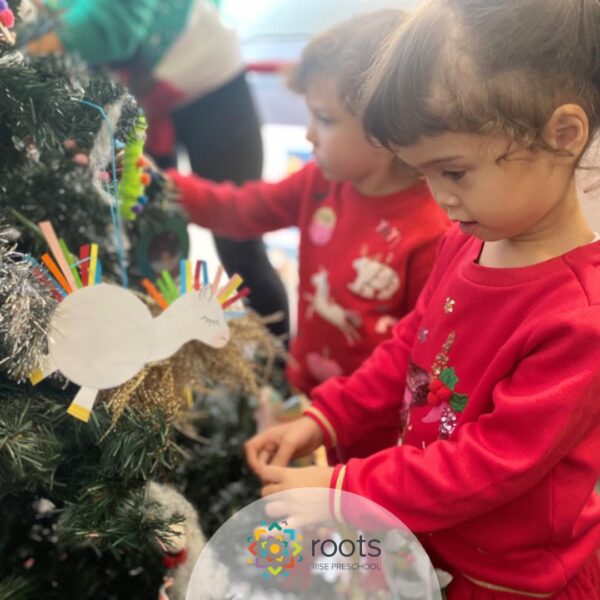
Finally, try and remember that the adaptation period is temporary and will pass with clear communication, understanding, consistency and cooperation.
Stay calm, be positive and enjoy this new chapter in your child’s life!
Good luck to you all for your new school year!
